Cats are often described as enigmatic creatures, effortlessly hiding their emotions and sometimes leaving their humans puzzled. However, understanding when your feline friend is unhappy is crucial to ensuring their well-being. By recognizing the signs of feline discontent and taking actionable steps, you can help transform their mood and improve their quality of life. In this article, we will explore five signs that your cat might be unhappy and suggest five practical ways to help them regain their joy.
1. Changes in Appetite
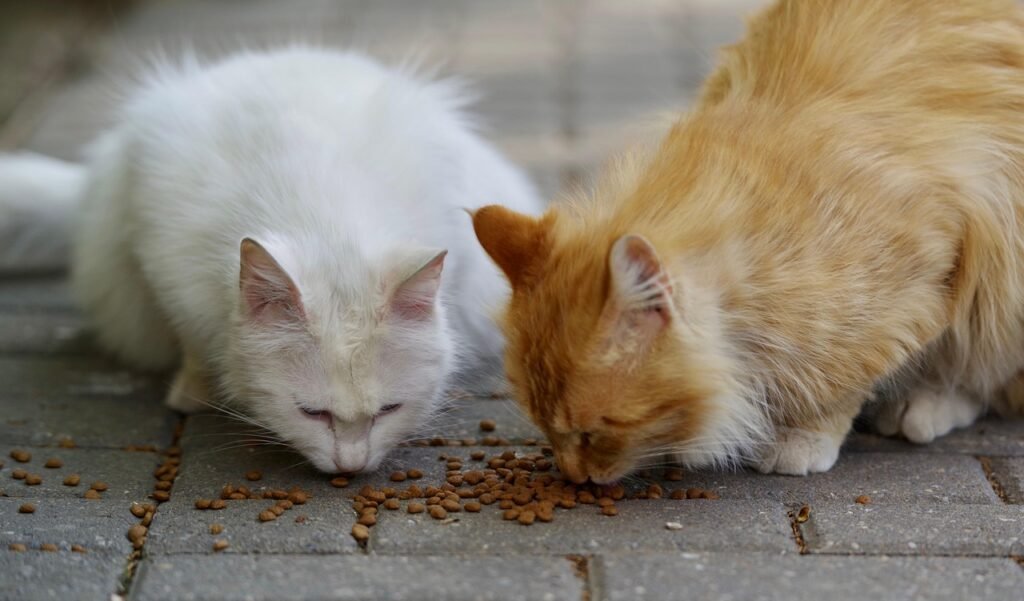
If your cat suddenly loses interest in their food or begins to overeat, it may signal underlying unhappiness. Cats are creatures of habit, and drastic changes in eating behavior often point to stress, anxiety, or even illness. Monitoring your cat’s feeding routine can provide crucial insights into their emotional state.
2. Altered Grooming Habits
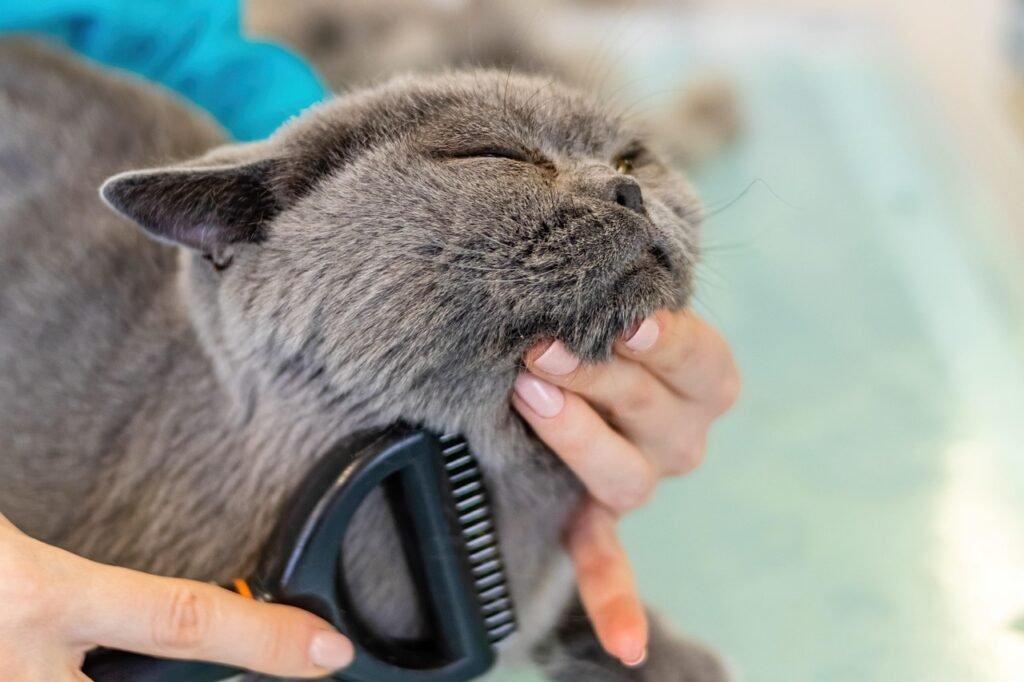
Grooming is a significant part of a cat’s daily routine, promoting cleanliness and comfort. However, an unhappy cat might over-groom or neglect grooming altogether. Over-grooming can result in bald patches, while under-grooming can lead to a matted coat, both highlighting potential issues with your cat’s happiness and health.
3. Hiding or Avoidance
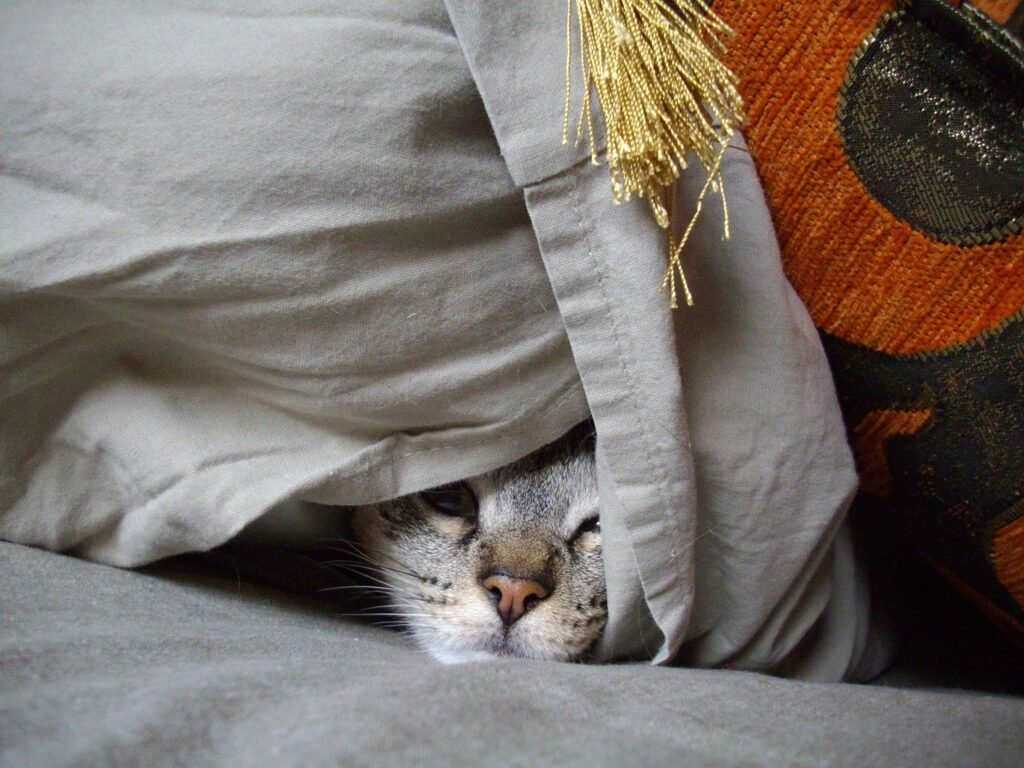
Happy cats are usually curious and enjoy exploring their surroundings. When a cat becomes withdrawn or begins to hide more frequently, it can be a sign of dissatisfaction or stress. Avoidance behavior might indicate that something in their environment is unsettling to them, prompting them to seek solace in solitude.
4. Change in Litter Box Habits
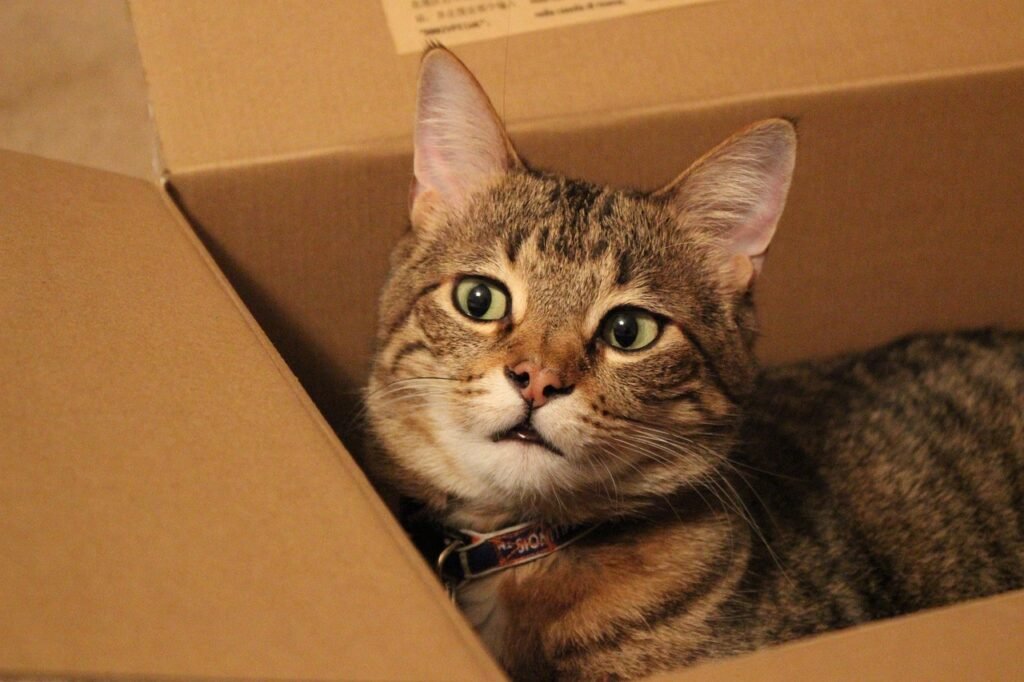
A change in litter box habits, such as urinating or defecating outside the litter box, can be a clear indicator of stress or unhappiness. This behavior could be linked to a medical issue or dissatisfaction with the litter box environment. Addressing these changes promptly can help in determining the root cause to bring your cat back to a happier state.
5. Increased Aggression or Irritability
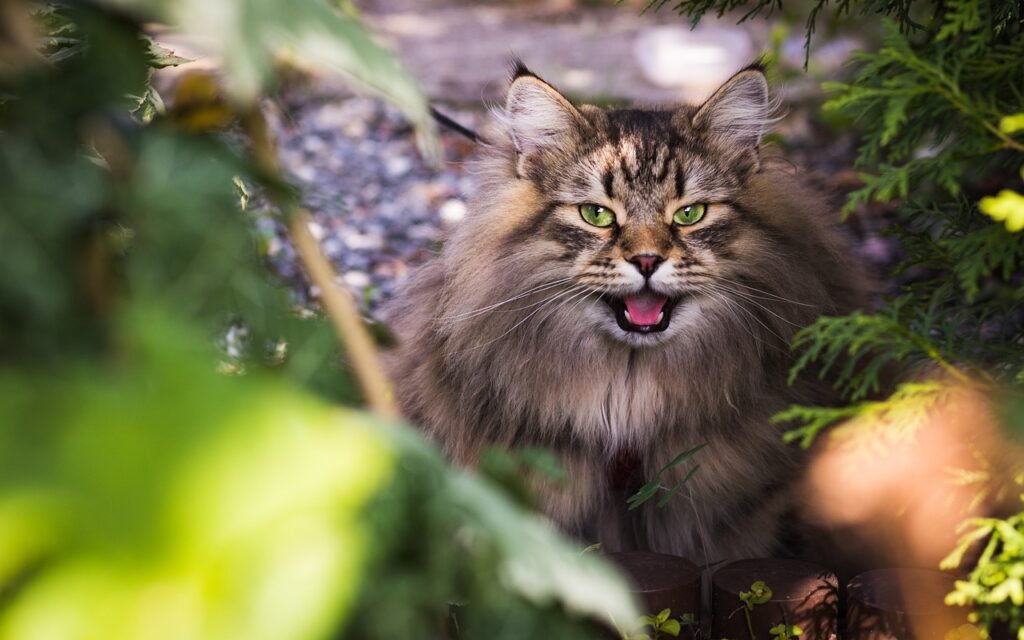
Cats might show aggression or increased irritability when they’re unhappy. Whether it’s swatting, hissing, or biting, aggressive behavior often serves as a cat’s way of communicating distress. Recognizing these signs early can help prevent escalation and improve their peace of mind.
1. Provide a Stimulating Environment
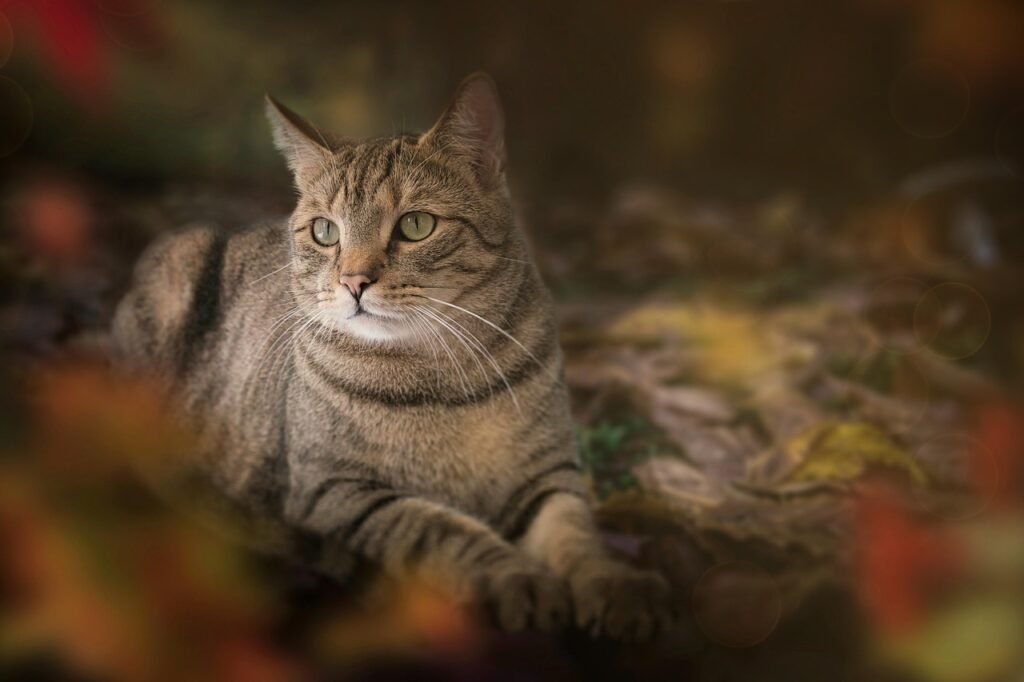
Enrich your cat’s environment with interactive toys, scratching posts, and climbing furniture to engage their natural instincts. A stimulating environment can alleviate boredom and stress, contributing to a happier cat.
2. Maintain a Consistent Routine

Cats thrive on routine, and sudden changes can be stressful. By maintaining a consistent schedule for feeding, playtime, and grooming, you can provide your cat with a sense of security and predictability, reducing stress and enhancing happiness.
3. Ensure a Healthy Diet
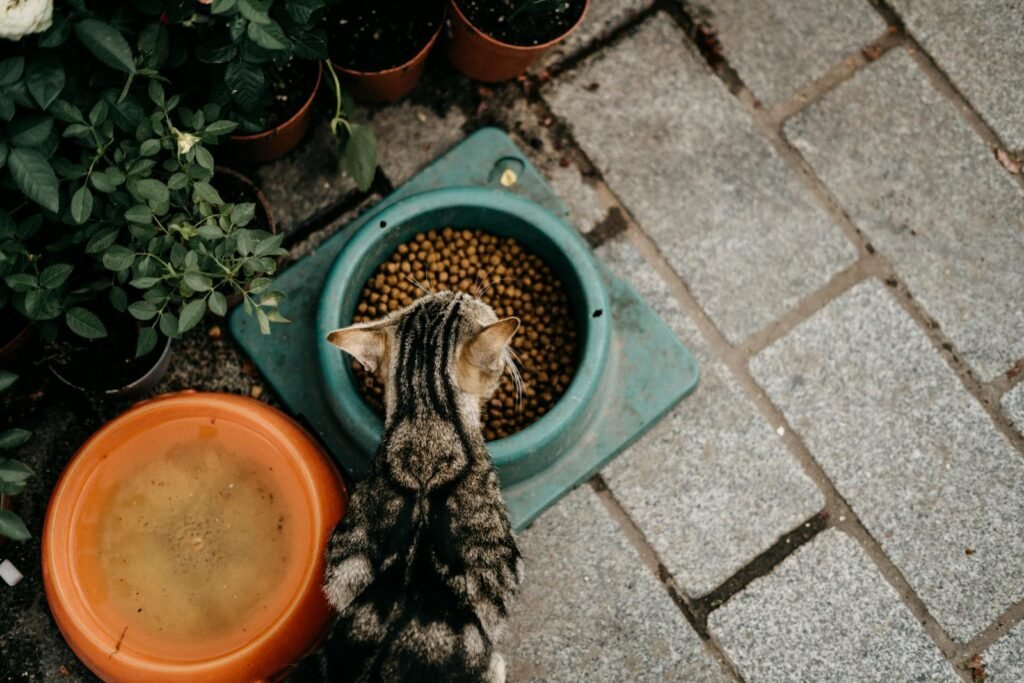
A balanced and nutritious diet is fundamental to a cat’s health and well-being. Consult with your veterinarian to ensure that your cat’s diet meets their specific needs, which can improve their mood and overall quality of life.
4. Provide Safe Spaces

Create safe and comfortable spots where your cat can retreat when they feel overwhelmed. This could be a cozy bed in a quiet room or a high perch to observe their surroundings. Having a personal sanctuary can help your cat feel secure and content.
5. Spend Quality Time Together
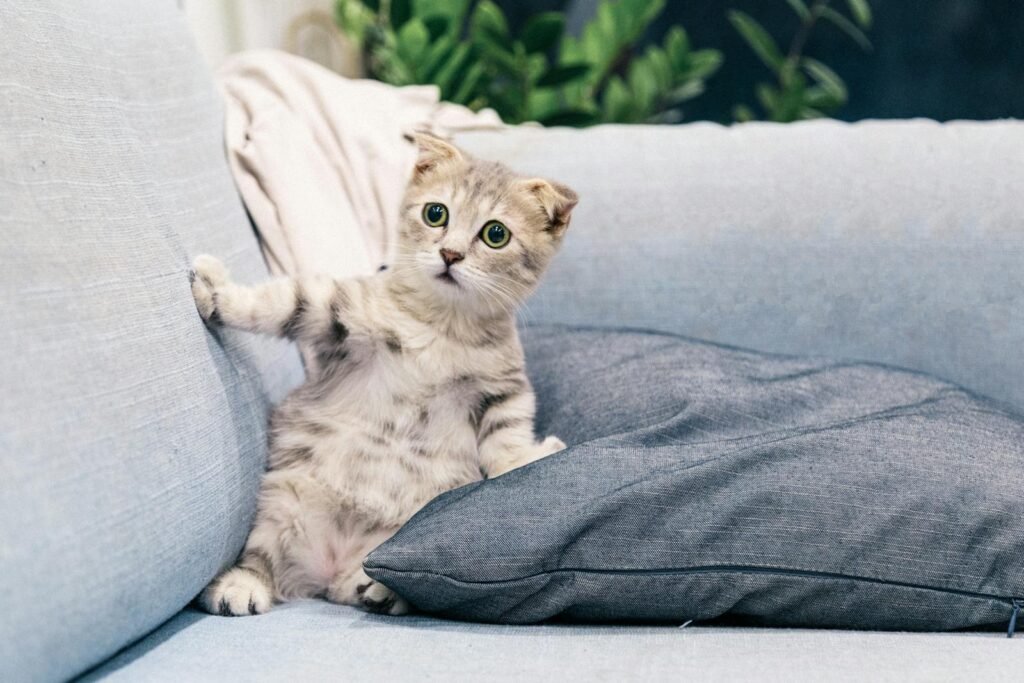
Dedicate time each day to play, groom, or simply cuddle with your cat. Providing positive attention and companionship reinforces the bond and can help alleviate any feelings of unhappiness or anxiety your cat may experience.
Understanding and addressing the emotional needs of your cat can lead to a more fulfilling relationship for both of you. By observing changes in their behavior and making proactive adjustments, you can ensure your feline friend enjoys a happy, healthy life. Remember, a happy cat is often a healthy cat, so always consult your veterinarian if you suspect health issues may be contributing to their unhappiness.

Growing up traveling and experiencing new cultures and wonders, I have had a passion for nature, adventuring, photography, and videography. I am currently working towards a BSc in Biodiversity and Ecology at Stellenbosch University, and I hope to specialise in Marine Sciences one day.
Please send any feedback to Feedback@animalsaroundtheglobe.com






